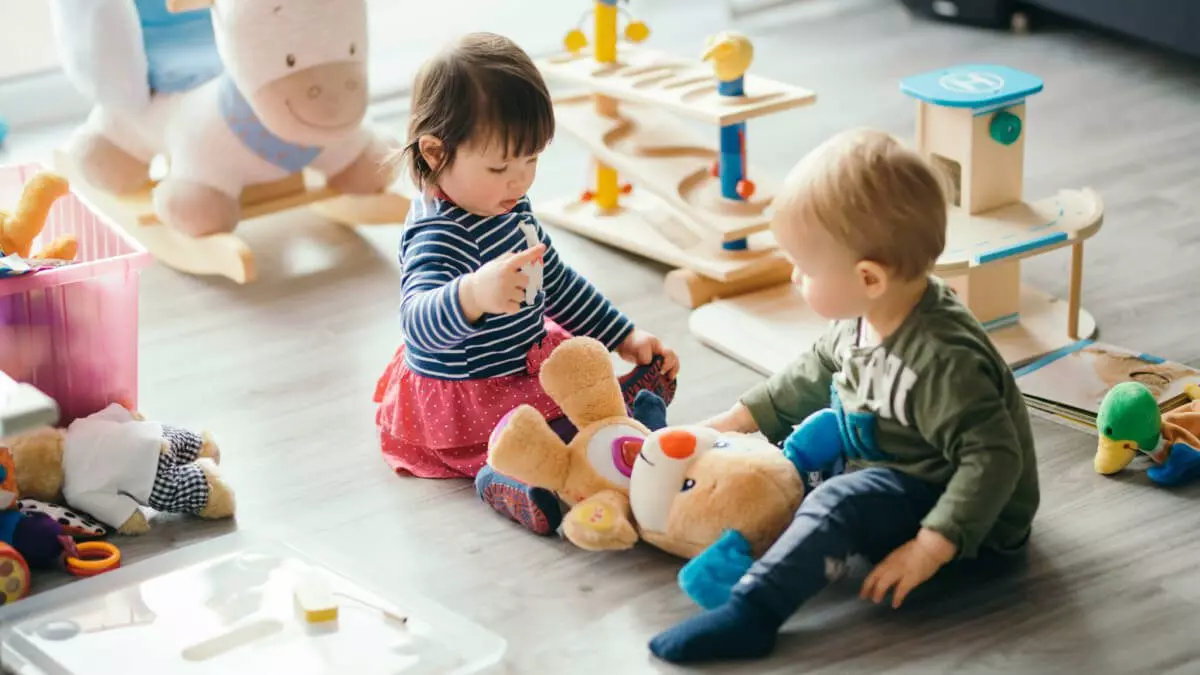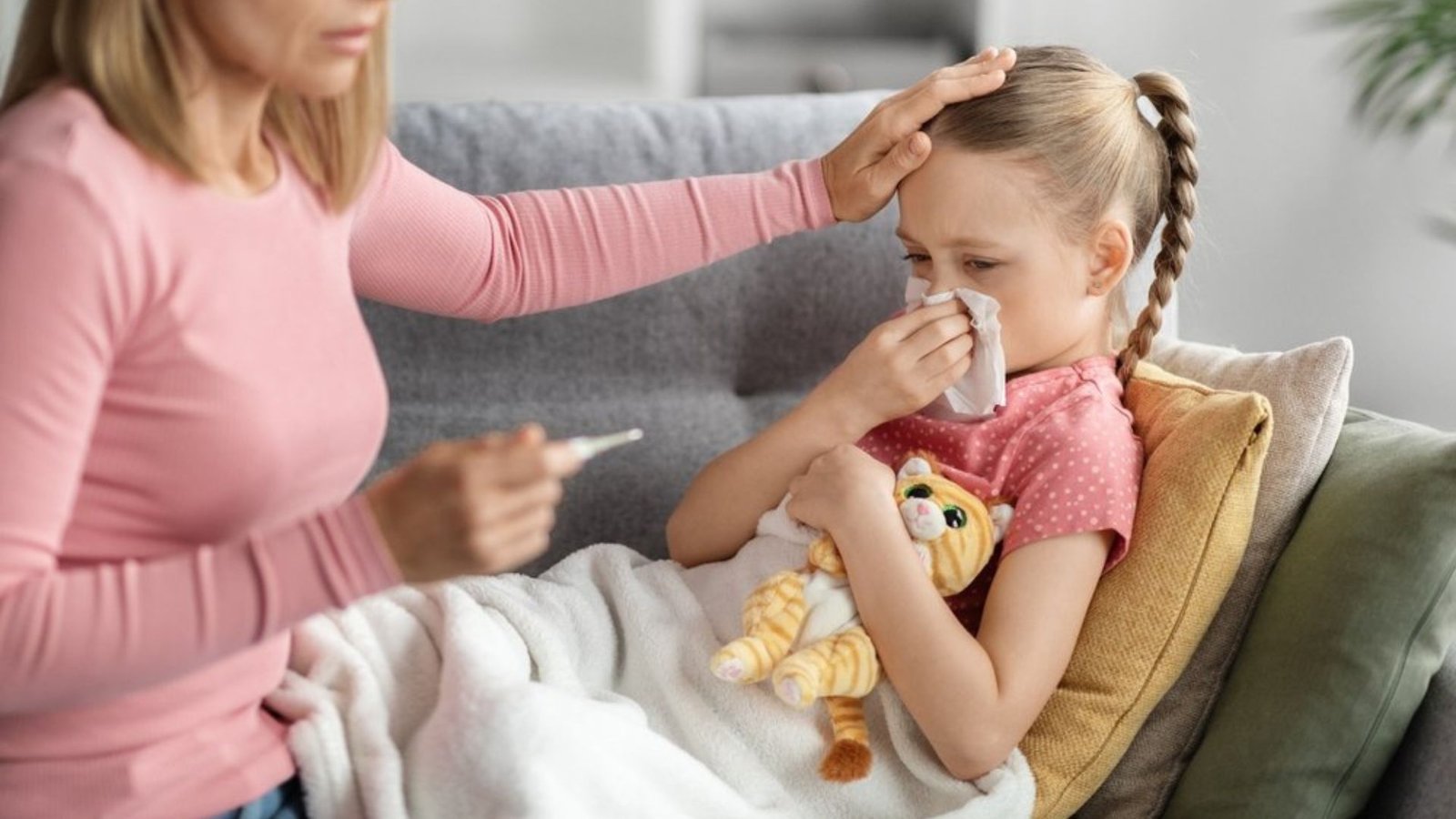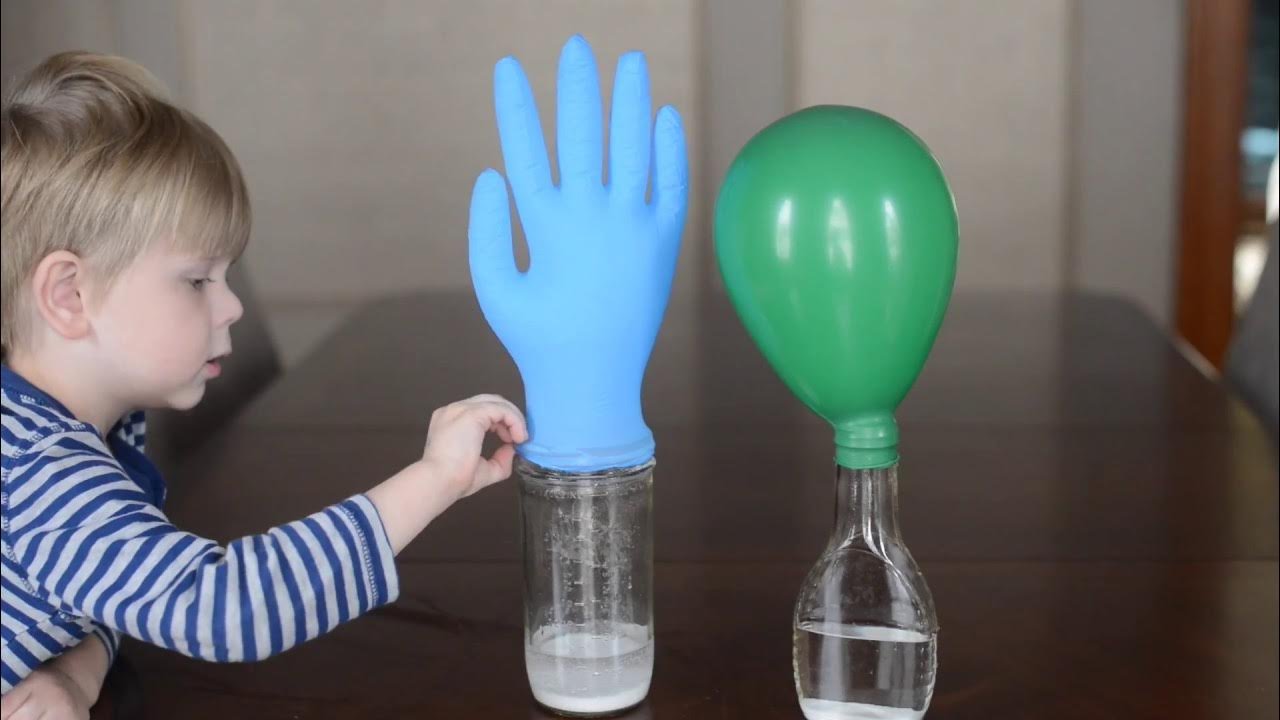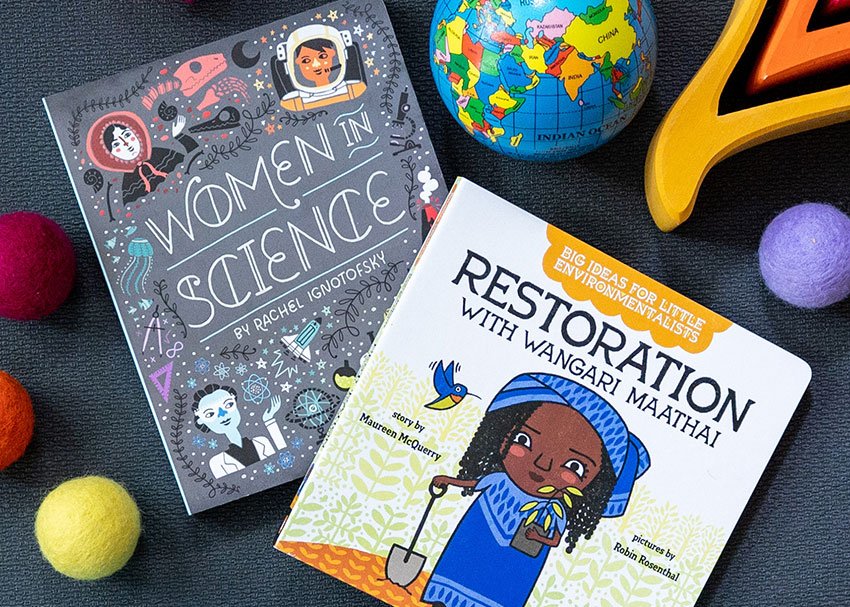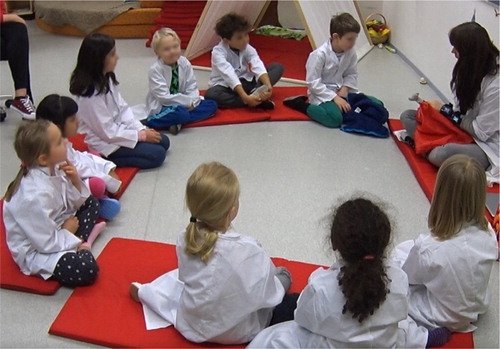As babies and toddlers begin to grow and explore their world, play becomes one of the most important tools for their social development. Play spaces that are thoughtfully designed can foster an environment that encourages interaction, communication, and cooperation, helping little ones develop key social skills that will benefit them throughout their lives. Whether at home, in a daycare setting, or in a park, creating play spaces that are both safe and stimulating can support your child’s social growth in valuable ways.
Here’s how you can use play spaces to help encourage social skills in babies and toddlers:
1. Promote Interactive Play
At an early age, children learn social skills by interacting with others. To encourage these interactions, design play spaces that invite cooperation and sharing.
How to Do It:
- Group Toys: Provide toys that require multiple children to use them together, such as building blocks, puzzles, or large stacking toys.
- Sensory Play Stations: Set up areas where children can engage in sensory play together, like sand tables, water play stations, or interactive sensory boards.
- Space for Exploration: Designate areas with enough space for children to move around and engage in group play, rather than isolating them to smaller areas.
Why It Works: Interactive play teaches toddlers how to take turns, share toys, and communicate. By having group-friendly toys and activities, children learn early social lessons like cooperation and empathy.
2. Foster Cooperative Play
Toddlers start to engage in parallel play (playing alongside, but not with, other children) around 2 years old. However, you can gradually help them transition into cooperative play, where they begin to work together toward a shared goal.
How to Do It:
- Activity Centers: Include activity stations that require teamwork, like a toy kitchen, building areas, or art stations where children can collaborate to create something together.
- Guided Play: Occasionally guide toddlers on how to play together, for instance, showing them how to build something as a team or help each other solve a problem.
Why It Works: Cooperative play builds vital social skills like communication, problem-solving, and conflict resolution. Toddlers learn to collaborate, share ideas, and engage in joint activities, fostering a sense of teamwork.
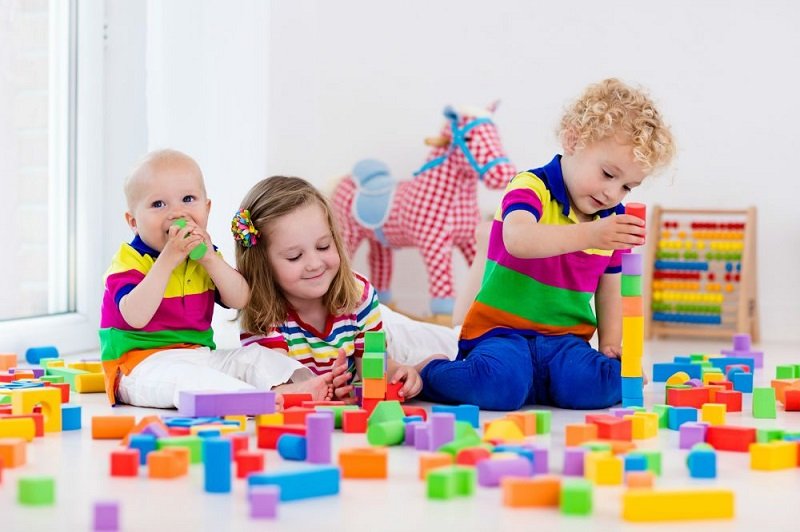
3. Provide Opportunities for Sharing and Turn-Taking
One of the first social skills children need to learn is how to share and take turns. Play spaces can be designed in a way that naturally promotes these behaviors.
How to Do It:
- Limited Resources: Place a limited number of high-demand toys in the play space so that children are encouraged to take turns. For example, there could be one or two dolls in a playhouse or a single car in a race track.
- Timers: For slightly older toddlers, use a timer to introduce the concept of taking turns with toys, helping them understand that their time to play with something is limited but will come again.
- Model Behavior: Show toddlers how to share by modeling it yourself. For example, when two children want the same toy, you can demonstrate how to offer it to the other child or wait your turn.
Why It Works: By encouraging sharing and turn-taking, you help toddlers understand the importance of patience and empathy. They begin to grasp that their playtime isn’t diminished by sharing and that other children have the same rights to the toys and games.
4. Create Safe Spaces for Conflict Resolution
Conflicts are inevitable in any play space, especially among young children. However, how conflicts are handled is a vital part of learning social skills. A well-structured play space can guide toddlers toward resolving conflicts peacefully.
How to Do It:
- Conflict Areas: Create cozy spaces within the play area where children can go to calm down when they’re upset or frustrated. This could be a small, quiet corner with soft pillows or a reading nook.
- Model Calmness: When a conflict arises, model calm and respectful behavior by acknowledging the emotions involved, guiding children to express how they feel, and showing them how to use words to solve problems.
- Encourage Communication: Teach children to use simple phrases like “Can I have a turn?” or “Please give it back” to communicate their needs effectively.
Why It Works: Providing a space where toddlers can safely resolve conflicts encourages emotional regulation and teaches them how to manage frustration. This builds their emotional intelligence, empathy, and respect for others’ feelings.
5. Encourage Role-Playing and Pretend Play
Pretend play is one of the most powerful ways toddlers learn social skills. It allows them to experiment with different roles, emotions, and social scenarios in a fun and safe way.
How to Do It:
- Dress-Up Clothes: Include costumes and props in the play space that encourage imaginative role-playing, such as doctor kits, chef hats, or superhero capes.
- Dollhouses or Play Kitchens: These types of toys encourage children to pretend to cook, take care of babies, or run businesses, all of which are opportunities to practice social skills like cooperation, empathy, and communication.
- Interactive Playmates: Play spaces that support social interaction with adult caregivers or peers can help toddlers further develop their social skills. For example, pretending to be customers and shopkeepers in a play store encourages polite exchanges and turn-taking.
Why It Works: Pretend play lets toddlers try out different roles and interact in social situations that mirror the real world. It’s a great opportunity for them to practice behaviors like kindness, problem-solving, and sharing in a low-pressure setting.
6. Encourage Group Games
Group games or structured activities can provide toddlers with a fun, purposeful way to interact and collaborate. Games teach valuable social skills, such as teamwork, turn-taking, and following directions.
How to Do It:
- Simple Group Games: Introduce easy-to-understand group games like “Simon Says,” “Ring Around the Rosie,” or “Duck, Duck, Goose” that require children to interact with each other while following simple rules.
- Music and Movement: Play music and have the children dance or move together. You can make it more interactive by incorporating games like freeze dance, where the children have to freeze when the music stops.
Why It Works: Group games provide a natural context for children to interact with one another, practice following rules, and learn how to cooperate in a team. They help children understand the importance of listening, taking turns, and respecting others.
7. Incorporate Emotional and Social Learning
A play space isn’t just about physical activities. It can also provide opportunities for learning about emotions and social behaviors, which are essential for toddlers’ development.
How to Do It:
- Emotion Cards: Create cards with faces showing different emotions (happy, sad, angry, etc.) and encourage children to talk about how they feel during play. This can help them understand and label their emotions.
- Storytelling: Use storytelling to teach social lessons. For instance, you can read stories where characters learn about sharing, helping others, or being kind.
Why It Works: By incorporating social and emotional learning into the play space, children develop greater self-awareness and empathy. They learn to recognize and understand their emotions and the feelings of others.
Conclusion
A thoughtfully designed play space can serve as a powerful tool for encouraging social skills in babies and toddlers. By creating an environment that fosters interaction, cooperation, and emotional learning, you’re giving your child the opportunity to develop essential social skills that will serve them well throughout their lives. Remember, the key is to make playtime enjoyable and engaging, giving your little one plenty of opportunities to learn and grow while having fun!







